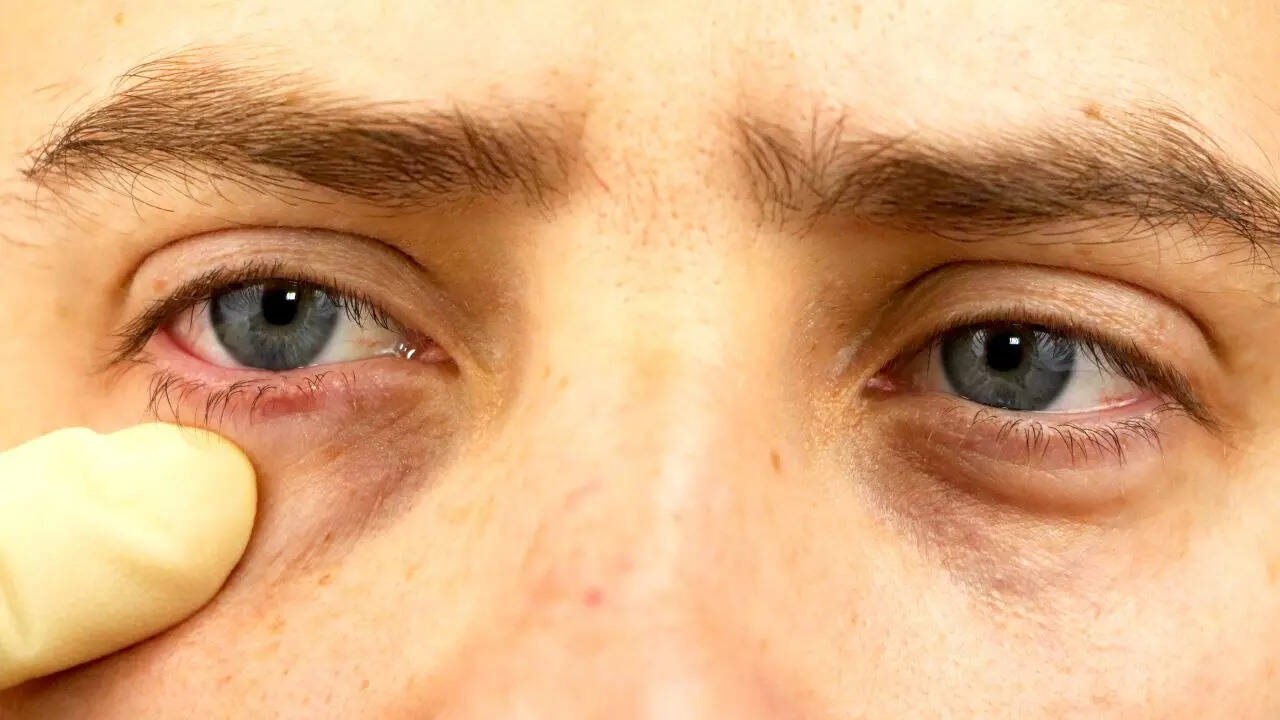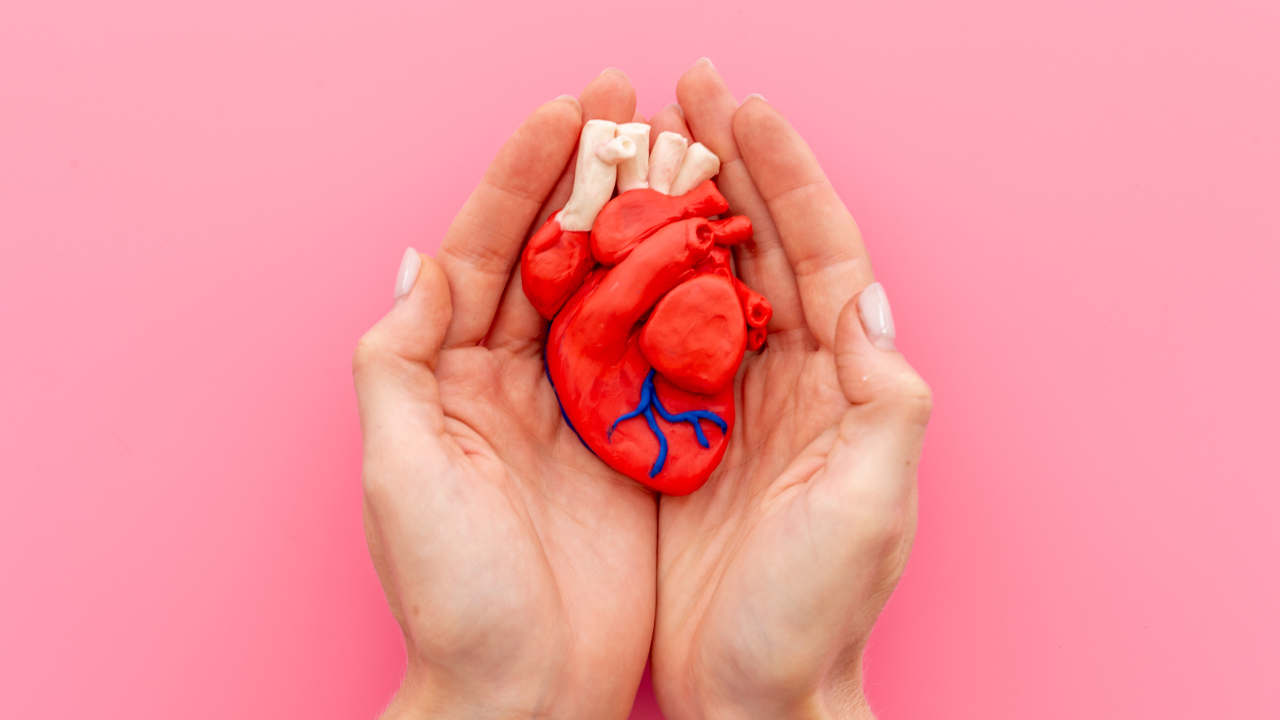Sam Rivers dies at 48: All about his health struggles |

Sam Rivers, the bassist and founding member of American nu metal band ‘Limp Bizkit’, passed away on Saturday, Oct 19, the band members said in a social media post. He was 48.“Today we lost our brother. Our bandmate. Our heartbeat,” the band wrote. “Sam Rivers wasn’t just our bass player — he was pure magic. The pulse beneath every song, the calm in the chaos, the soul in the sound.“They added, “He was a once-in-a-lifetime kind of human. A true legend of legends. And his spirit will live forever in every groove, every stage, every memory. We love you, Sam. We’ll carry you with us, always. Rest easy, brother. Your music never ends.”Though no cause of death was stated, he had a history of alcohol-related liver disease.
Sam Rivers’ health struggles

In 2015, Rivers left the band. During that time, the fans were told he had a back problem. However, later in the 2020 book ‘Raising Hell: Backstage Tales From the Lives of Metal Legends,’ he revealed that his absence was due to the liver ailments resulting from alcohol abuse.“I was diagnosed in 2011. I didn’t really get what was happening back then…” he told The PRP. “I stopped drinking and battled the liver disease for a bit.”Later, talking to Variety, he talked about the struggles of leaving the band because of his liver disease, “I got liver disease from excessive drinking… I had to leave Limp Bizkit in 2015 because I felt so horrible, and a few months after that I realized I had to change everything because I had really bad liver disease.” Though he quit drinking, in 2017, a liver transplant was required. “I quit drinking and did everything the doctors told me. I got treatment for the alcohol and got a liver transplant, which was a perfect match.”He rejoined the band in 2018, after recovery, and has been with them ever since.
ARLD

Though it is unclear what condition Rivers had, it comes under the umbrella term alcohol-related liver disease (ARLD). Also known as alcohol-associated liver disease (ALD), it refers to liver damage caused by excess alcohol intake. It incorporates a spectrum of conditions from mild fat buildup to life-threatening cirrhosis.

Alcohol is a known liver toxin. The liver is one of the most complex organs in he body. From filtering toxins in the blood to helping with digestion, regulating blood and cholesterol levels, to fighting infection, the liver has multiple roles. Though the liver can regenerate itself, prolonged alcohol consumption (drinking too much) over many years can reduce its ability to regenerate. Each time THE liver filters alcohol, some of the liver cells die. This impairs its function.When you drink alcohol in large amounts, even for a few days, fat builds up in the liver. This condition is called alcoholic fatty liver disease. It is the initial stage of ARLD. According to the NHS, this condition rarely causes any symptoms and it is reversible. If you stop drinking alcohol for some time (months or years), your liver should return to normal.If left unchecked, and one continues consuming alcohol, it will lead to alcoholic hepatitis, a serious condition that can also be life-threatening. When no intervention is made, it can worsen to Cirrhosis, where the liver has become significantly scarred. In such cases, a transplant may be required.

This condition does not really show signs or symptoms until the liver is severely damaged. The symptoms in such severe cases include:
- feeling sick
- weight loss
- loss of appetite
- yellowing of the whites of the eyes or skin (jaundice)
- swelling in the ankles and tummy
- confusion or drowsiness
- vomiting blood or passing blood in your stools






